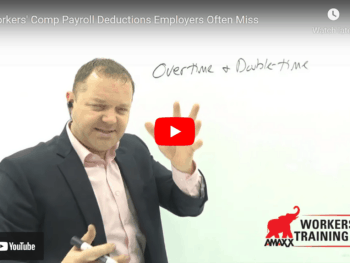Bills covering workers’ compensation issues recently moved through the Tennessee state legislative system with the help of The Tennessee Self-Insurers Association (TNSIA).
Bill SB1909 addresses another Supreme Court decision and limits compensation for injuries occurring during a recreational activity. That decision greatly expanded the scope of employment to include workers who were voluntarily engaged in recreational activity.
SB1909 puts some very specific restrictions on the ability to successfully make a workers’ compensation claim for a person who is injured during a recreational activity.
The bill disallows employees from recovering for injuries sustained during recreational activities, except in the following limited circumstances:
1. When the employee’s participation was expressly or impliedly required by the employer; or
2. When the employee’s participation produced a direct benefit to the employer beyond improvement in employee health and morale; or
3. When the employee’s participation was during the employee’s work hours and was part of the employee’s work-related duties; or
4. When the injury occurred due to an unsafe condition during voluntary participation using facilities designated by, furnished by or maintained by the employer on or off the employer’s premises and the employer had actual knowledge of the unsafe condition and failed to curtail the activity or program or cure the unsafe condition. (workersxzcompxzkit).
On June 1, 2009 SB1909 was sent to the Governor Phil Bredesen for his signature.
Author: Robert Elliott, J.D.
Click on these links to try it for yourself.
WC Calculator: www.ReduceYourWorkersComp.com/calculator.php
TD Calculator: www.ReduceYourWorkersComp.com/transitional-duty-cost-calculator.php
WC 101: www.ReduceYourWorkersComp.com/workers_comp.php
Do not use this information without independent verification. All state laws are different. Consult with your corporate legal counsel before implementing any cost containment programs.
©2008 Amaxx Risk Solutions, Inc. All rights reserved under International Copyright Law. If you would like permission to reprint this material, contact Info@WorkersCompKit.com

























